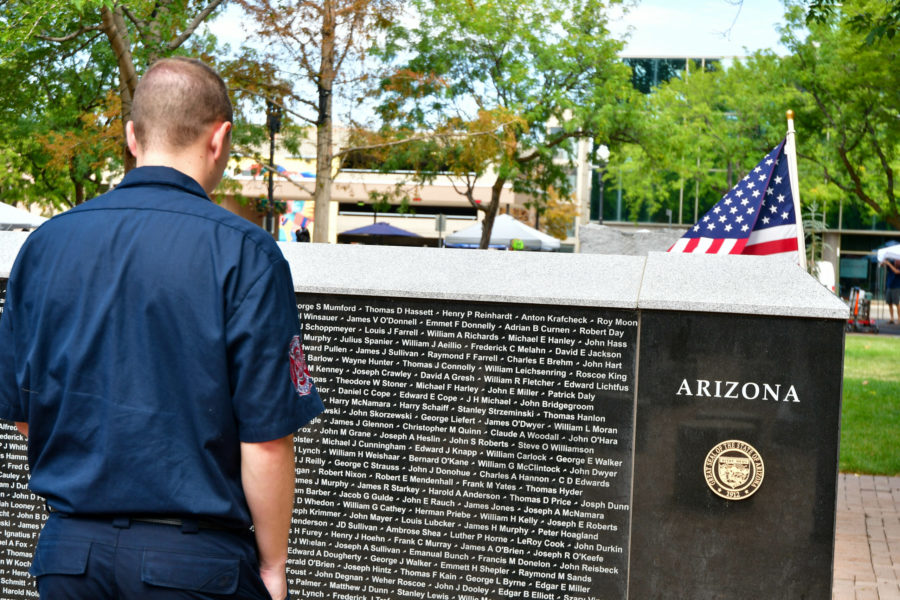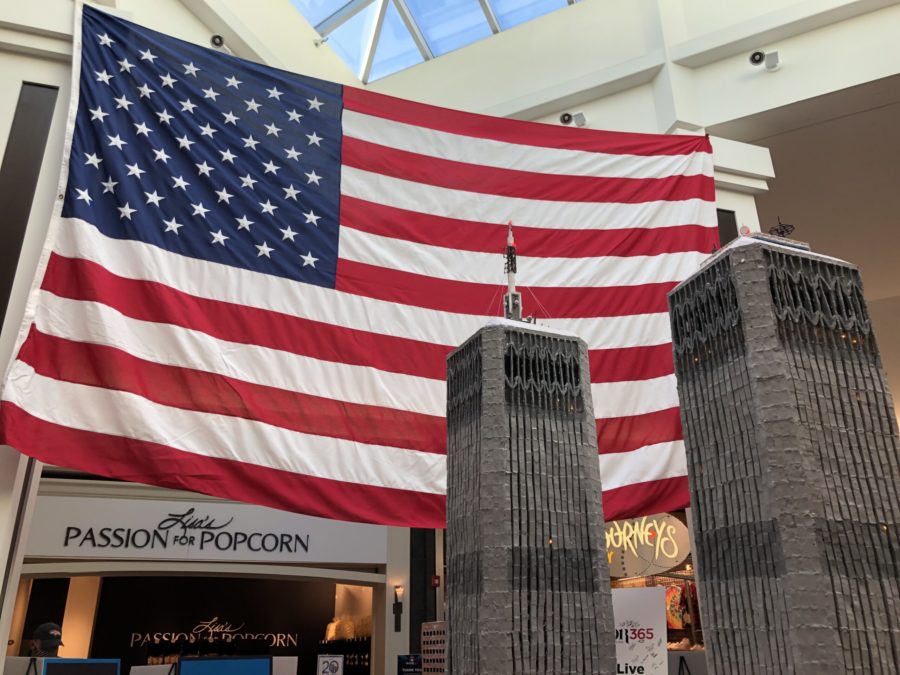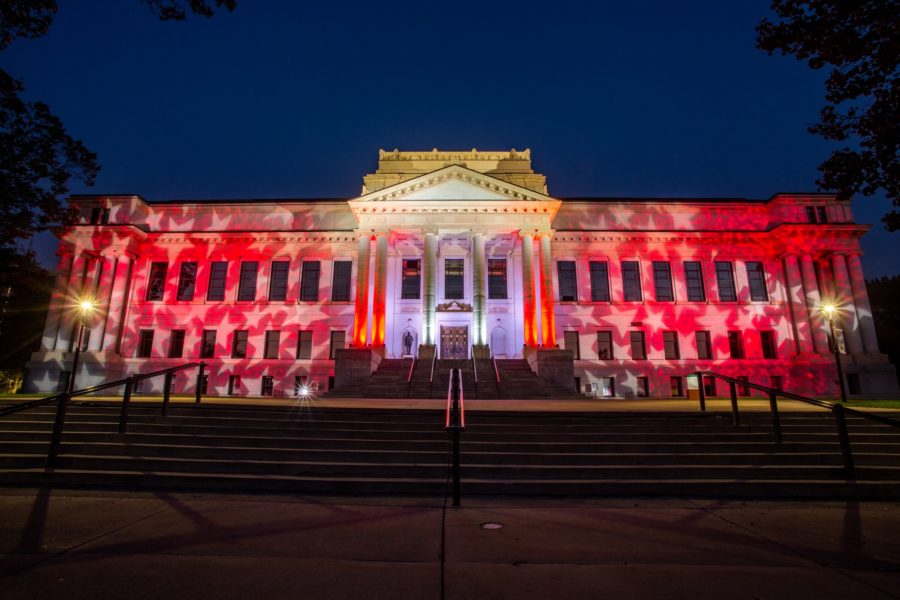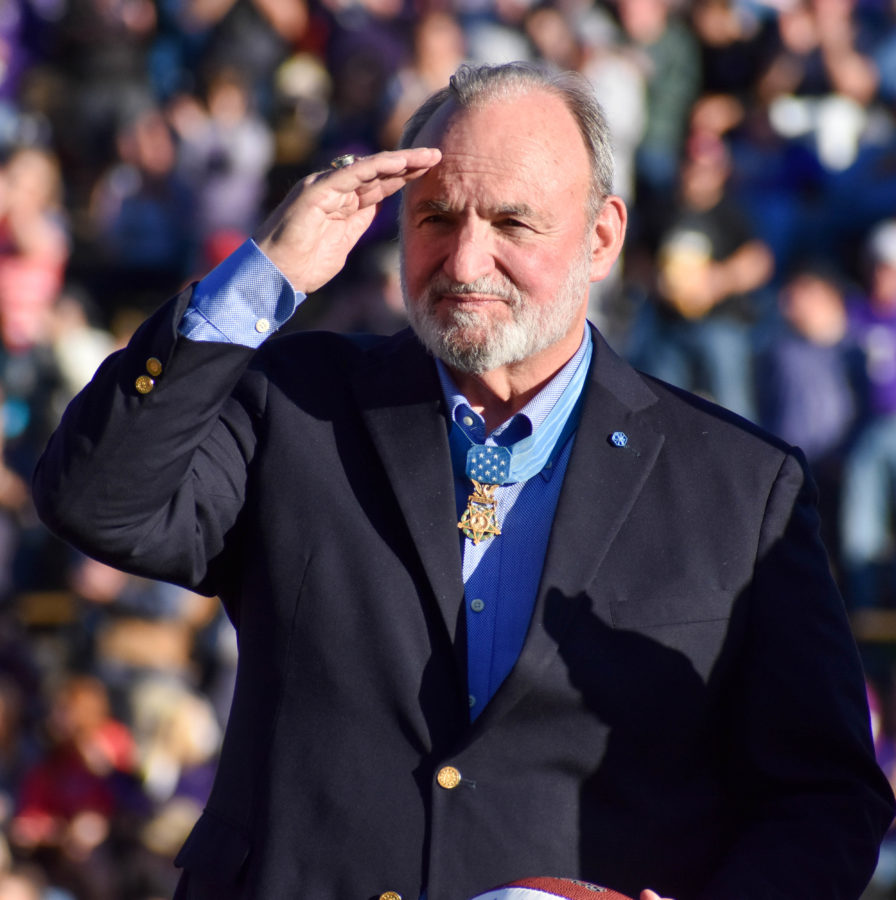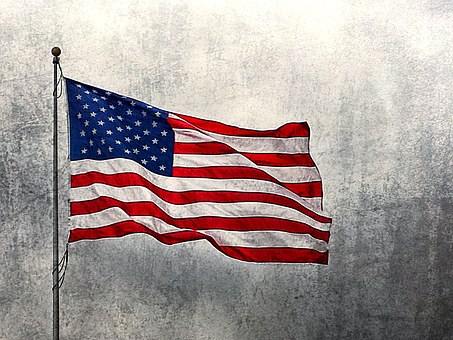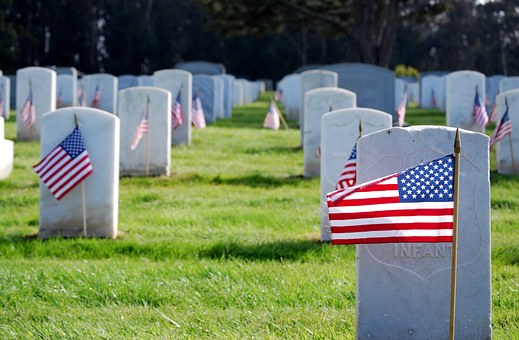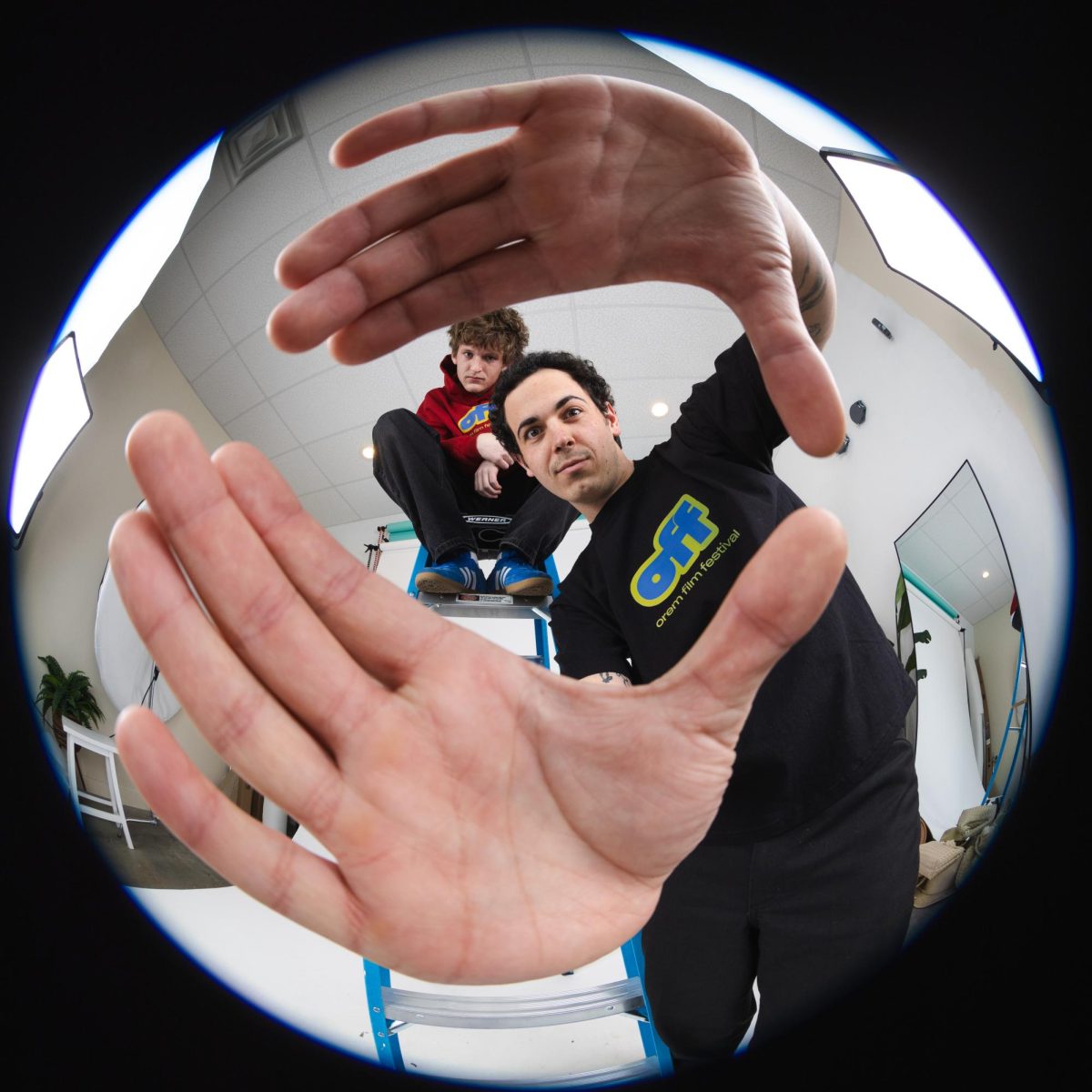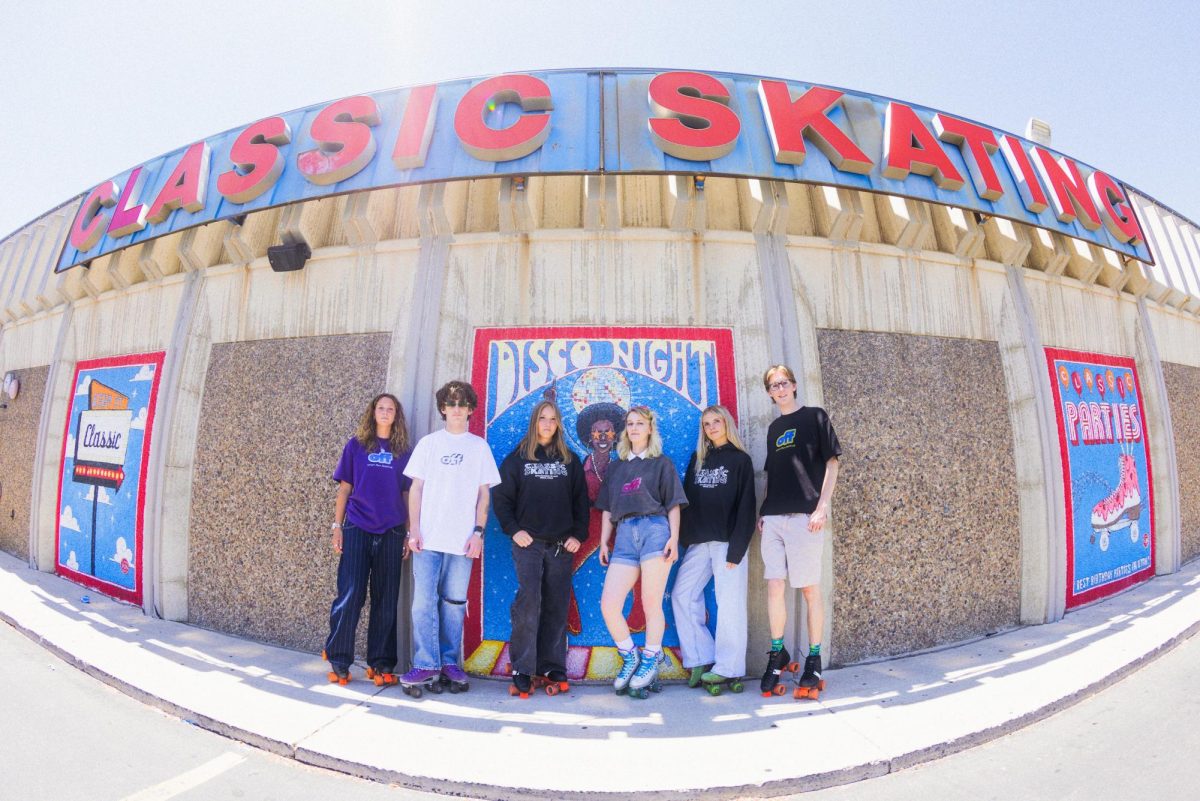In December 1944, a unit was formed in Wendover, Utah. The unit was the 509th Composite Group, and its mission was to maintain and drop the first atomic bombs.
Last weekend, survivors of the 509th reunited where their unit was form
ed at Wendover Airfield.

“It’s important to keep in touch with the past,” said Robert Gilmam, a veteran of the 509th.
Gilmam, a maintenance worker on B-29 bombers during the war, was one of six 509th veterans who were present for the reunion. The reunion was scheduled to take place during Wendover Airfield’s yearly airshow. Many attendees were unaware of the reunion or even of the history of the airfield.
“I just came here to look at the airplanes,” said Kimberly Erwin, an airshow attendee. “But with this new knowledge, I’m blown away that there is so much history at this tiny airport.”
Many of the veterans who attended the reunion were able to vividly remember the events that seemed so long ago, even remembering where they were trained.
“I was trained at Biloxi, Mississippi,” said Norris Jernigan, who worked in intelligence in the 509th. “I celebrated my 20th birthday on Tinian Island less than a month before we dropped the bombs.”
Some veterans have faced questions regarding their involvement with the dropping of the atomic bombs on Japan.
“When people ask, I tell them that I did my job and held no ill will against the enemy or anyone else,” said Gilmam.
One veteran, Larry Decuir, who was responsible for loading the fuses into the Nagasaki bomb known as the “Fat Man,” had a message for future generations.
“Resolving conflicts peacefully is really what it’s all about,” said Decuir, “The people coming up in school have an opportunity to contribute to this process, and there’s a lot of people in universities around the country who turn on to this message, and it will provide major improvements in communication in resolving conflict instead of putting a gun to someone’s head.”

One special guest at the reunion was Gen. Paul Tibbets IV, commander of the 509th Bombardment Wing at Whiteman Air Force Base, Mo. His grandfather, Paul Tibbets Jr., was the commander of the 509th Composite Group and the pilot of the “Enola Gay,” the plane that dropped the atomic bomb on Hiroshima.
“The word I would use to describe this is surreal,” said Tibbets. “71 years after my grandfather commanded the 509th, I have the opportunity to command the same unit. It’s humbling.”
Tibbets discussed his drive to uphold the legacy that his grandfather and others had paved before him, and he challenged future generations to do the same.
“There’s a quote by Ronald Reagan that says that we should honor those who come before us but that we must be willing pick up where they left off,” Tibbets said. “I challenge the coming generation to pick up the baton and continue where past generations have left off if we are to uphold our legacy both individually and collectively.”


